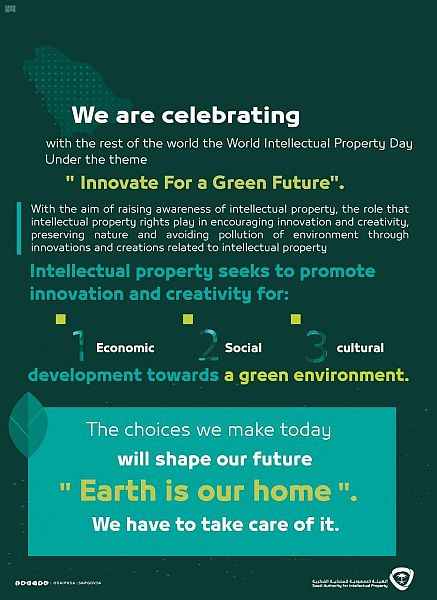
Would you like your doctor to give you the results of genetic tests, informing you if you are susceptible to serious diseases, such as cancer and heart disease?
Before long, that question is going to be relevant to millions of people. Primary-care doctors will increasingly be in a position to offer genetic testing as part of routine care – just as they check your blood pressure and cholesterol levels.
In most contexts, it’s tempting to think: the more information, the better. But that’s much too simple.
Do you want to know the end of the mystery novel you’re now reading? Or what you’re going to get for your birthday next year? Or what all of your colleagues really think about you?
To learn what people would like to know, I recently conducted a survey of about 400 Americans, with the help of Amazon’s Mechanical Turk. The survey was not nationally representative, but it did have significant demographic diversity, and thus provides some important clues about what Americans think.
For information that relates to health, there is a lot of division out there. Slightly less than half of participants (47 percent) want to know whether they will get Alzheimer’s disease. A majority (58 percent) want to know whether they have a genetic predisposition to specific forms of cancer. By contrast, only about a quarter (27 percent) want to know the year of their likely death – the lowest percentage for any question that I asked.
In deciding whether to receive health-related information, many people appear to be focusing on a single question: If I get bad news, can I do anything about it? If you have a genetic predisposition to heart disease, you might be able to do something to stay healthy – which is a good reason to find out.
If you learn that you will get Alzheimer’s, by contrast, there’s not a whole lot that you can do. The same is true once you learn your likely year of death.
Despite these points, some people do want to know. Different people make different tradeoffs between the pain of receiving bad news and the potential benefits of living life differently in light of it.
The survey uncovered other puzzles as well. The U.S. government has just put into effect a regulation mandating calorie labels at chain restaurants. In nationally representative surveys, overwhelming majorities of Americans are in favor of that federal requirement. But in my survey, only 43 percent of people want the information for themselves personally – perhaps because it will make them enjoy their meals less, perhaps because they trust their own judgment about what’s good and bad for them.
Almost three-fifths (58 percent) have no interest in learning how much warmer the planet will be in 2100. Surprisingly, most of the participants (53 percent) do not want to know who the U.S. president will be in 2022. Amazingly, only 54 percent want to know how the stock market will be doing on January 1, 2020. Maybe the rest think this information will not much affect them – and do not realize how valuable it would be.
Would you like to know where you will be living in 10 years? About half of the participants do not. They might well be thinking: Why spoil the surprise?
Would you like to know whether your spouse or partner ever cheats on you? About 57 percent said yes. More surprising is that over two-fifths of participants just don’t want to know.
On this question as well, people are probably making a tradeoff. The majority might be thinking that if their partner is cheating, they want to get out of the relationship -- or fix it. The minority might be thinking that the knowledge would mean a lot of pain and little or no gain.
This is a preliminary survey, of course, and it only skims the surface of some fundamental questions. But two points are clear. First, there’s a ton of disagreement out there. No consensus could be found on any of the items that I tested.
Second, a lot of people think that more information can be a terrible idea, at least when it threatens to eliminate the pleasures of serendipity and surprise, or to cause sadness, fear or distress. This is a major lesson for doctors and other health-care workers in particular -- and for the rest of us as well. Bloomberg












